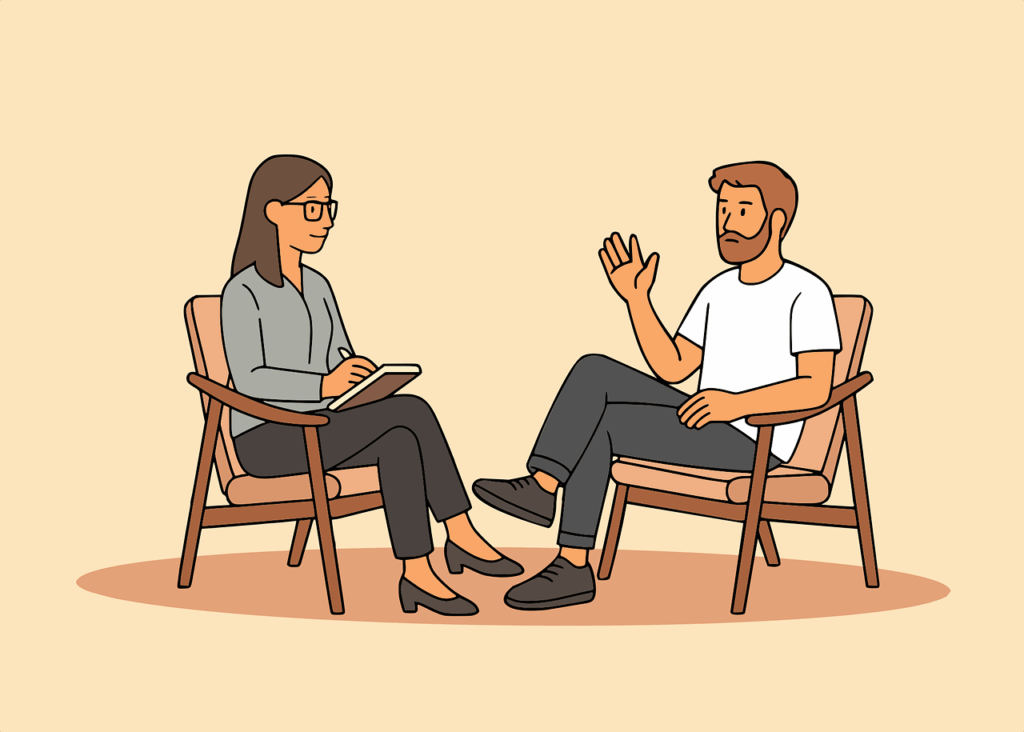Safety and comfort needs
It is vital that responders provide emotional support and comfort where survivors have missing family members, experienced the death of a loved one or are asked to identify the body of a loved one.
This can be done by:
Restoring a sense of safety and promoting comfort helps alleviate feelings of worry and distress.
Providing simple, clear information about what is going to happen to help them and in what order.
Encouraging survivors to be active by enabling access to practical resources, without exposing them to any information that may cause additional distress.
Keeping survivors informed about what responders are doing and what services are available so they can care for themselves and meet their immediate needs.
Physical safety
The physical safety of survivors must come first so secure additional support with this where necessary. Prioritise the needs of those who are vulnerable, e.g. providing children with a safe place to play can immediately help to reduce levels of distress and feel reassuring.
Ask survivors if they have any questions and avoid giving any false information or reassurances about what you think is going to happen unless you are certain.
Help them find the answers to questions by linking them with sources of information and work with them so they can make a plan about what they need to do to get the information they need.
Do what you can to provide physical comfort, and help people to do what they can to help themselves. For example, show people by going with them to where they can get supplies.
The needs of those with additional vulnerabilities in accessing toilets and eating areas also need to be planned for.
Being with others who have similar experiences can help although this needs sensitive management and careful oversight.
Asking survivors who are calm to talk to others who are struggling and upset can help as can engaging children and young people in a group activity such as sports, games or artwork.
Offering support
Survivors need to be supported so they are not exposed unnecessarily to anything that may trigger reminders either in the vicinity of the incident or in the media. They may also need to be protected from any unwanted media intrusion.
Parents may need additional support about how to help their children and are advised to be careful of what they say in front of them and to limit their access to the media.
Survivors separated from a loved one can experience extreme distress and emotions ranging from denial despite strong evidence to the contrary to overwhelming feelings of hopelessness.
These emotions can lead to feelings of anger and frustration that may be aimed at authorities involved in responding to the incident.
Providing this vulnerable group with the additional support from a suitably trained person who can listen to their concerns, provide updates and be honest in giving information can be a comforting response.
Survivors separated from a loved one can experience extreme distress and emotions ranging from denial despite strong evidence to the contrary to overwhelming feelings of hopelessness.
These emotions can lead to feelings of anger and frustration that may be aimed at authorities involved in responding to the incident.
Providing this vulnerable group with the additional support from a suitably trained person who can listen to their concerns, provide updates and be honest in giving information can be a comforting response.

When a survivor is told that a loved one has died it is important for responders to understand that:
- There isn’t a right or wrong way for the person to react.
- Some survivors may not have words to express their feelings. Their responses may be different but this does not mean they are any less affected.
- The cultural needs of the bereaved must be taken into account.
Responders need to be familiar with sources of spiritual and religious support, who is providing this and what they need to do to ensure it is available for those who are bereaved and want it.
Responders also need to understand that religious questions may be a means of expressing grief responses and that these just need to be heard and accepted rather than explained.
Respecting spiritual acts by securing a private space so that families informed of the death of a loved one are able to express their religious observances for prayer. For example, mourning by wailing can be expressed without any unnecessary exposure to others.
Support to bereaved families regarding the possibility of a post-mortem examination obviously needs to be handled sensitively. This is particularly so where there are religious and cultural needs that may prohibit this in which case religious leaders may also be able to provide additional emotional support to families and mediate with the authorities involved.
When the deceased has been badly injured or disfigured, advising families to consider having a picture of the person displayed with coffin where this does not breach religious custom can help promote remembrance of the person as they once were.
Some things to think about
- Do any of these suggestions for creating safety for children cause concern for you?
- How can you address your worries?